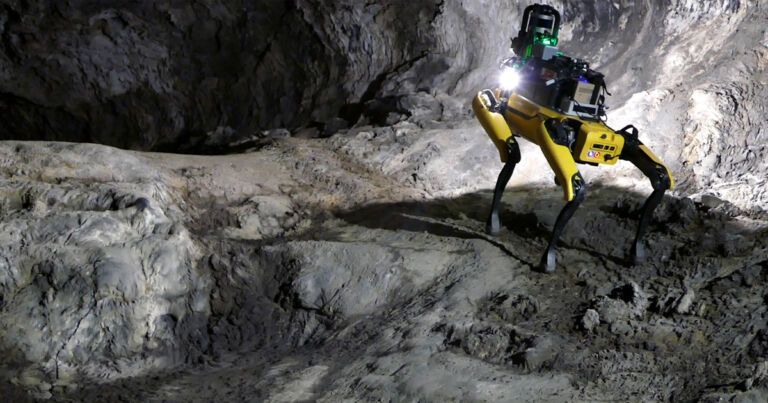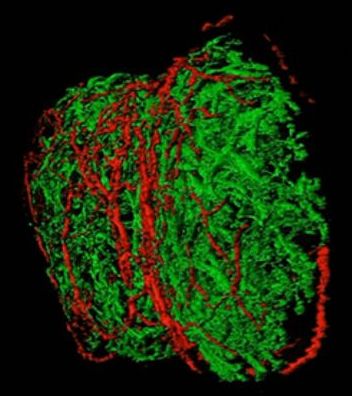Scientists at Fermilab in the U.S. have demonstrated, for the first time, sustained and long-distance teleportation of qubits of photons with fidelity greater than 90%.



This is the car that is set to make the Koenigsegg One:1 seem slow and the Bugatti Chiron positively leisurely. The production Hennessey Venom F5 is a U.S. hypercar that—if it delivers on its maker’s bold claims—will be the fastest production car in the world.
Hennessey has long been known as a tuner—one with a reputation for extravagant claims in the past—but the Venom F5 marks its effective debut as a manufacturer in its own right. (The ultra-limited Venom GT that preceded it used a Lotus tub.) It’s named after the highest rating on the Fujita scale of tornado strength, and just 24 cars will be built, each priced at $2.1 million.




On today’s episode we are going to continue our virtual global road trip over to the country of South Africa, to the Soweto township of the city of Johannesburg, and meet up with Ms. Sibongile Mongadi, Founder of Uku’hamba Pty Ltd, a start-up company that focuses on biotechnology and healthcare manufacturing with a goal of improving lives of amputees across Africa.
Uku’hamba is a 100% black youth women owned company and Uku’hamba means “To Walk” in Zulu.
Utilizing 3D printer and 3D scanning technologies, she has dedicated her career to developing prosthetic limbs that can be widely and cheaply manufactured. Her mission is to ensure prostheses are made available to anyone in need, greatly increasing the independence of amputees who may not currently be able to afford them.
Ms. Mongadi has been designated as one of the top emerging innovators across Africa in 2018, named in the Inspiring Fifty’s class of 50 South African Women of 2019, and as a Top 100 South Africa Shining Stars for Science & Technology in 2019.
When the Covid-19 pandemic struck South Africa, she redirected her company’s efforts to manufacturing safety equipment for front line workers. She has also worked with 3 other young innovators to build a contact-less thermometer sensor and hands-free, hand sanitizer system used in schools and corporate locations in the fight against COVID-19.
Ms. Mongadi is also the founder of the Soweto Young Women Empowerment initiative that seeks to shape young women to be leaders in different spheres of society.



Summary: Researchers have identified a direct cellular interaction between the nervous system and the immune system. Pain sensing neurons around the lymph nodes can modulate lymph node activity.
Source: Broad Institute.
The nervous and immune systems have long been thought to be separate entities in the body, but new research has uncovered a direct cellular interaction between the two. Scientists from Harvard Medical School, the Broad Institute of MIT and Harvard, MIT, and the Ragon Institute of MGH, MIT and Harvard have found that pain-sensing neurons surround lymph nodes in mice, and can modulate the activity of these small organs, which are key parts of the immune system.